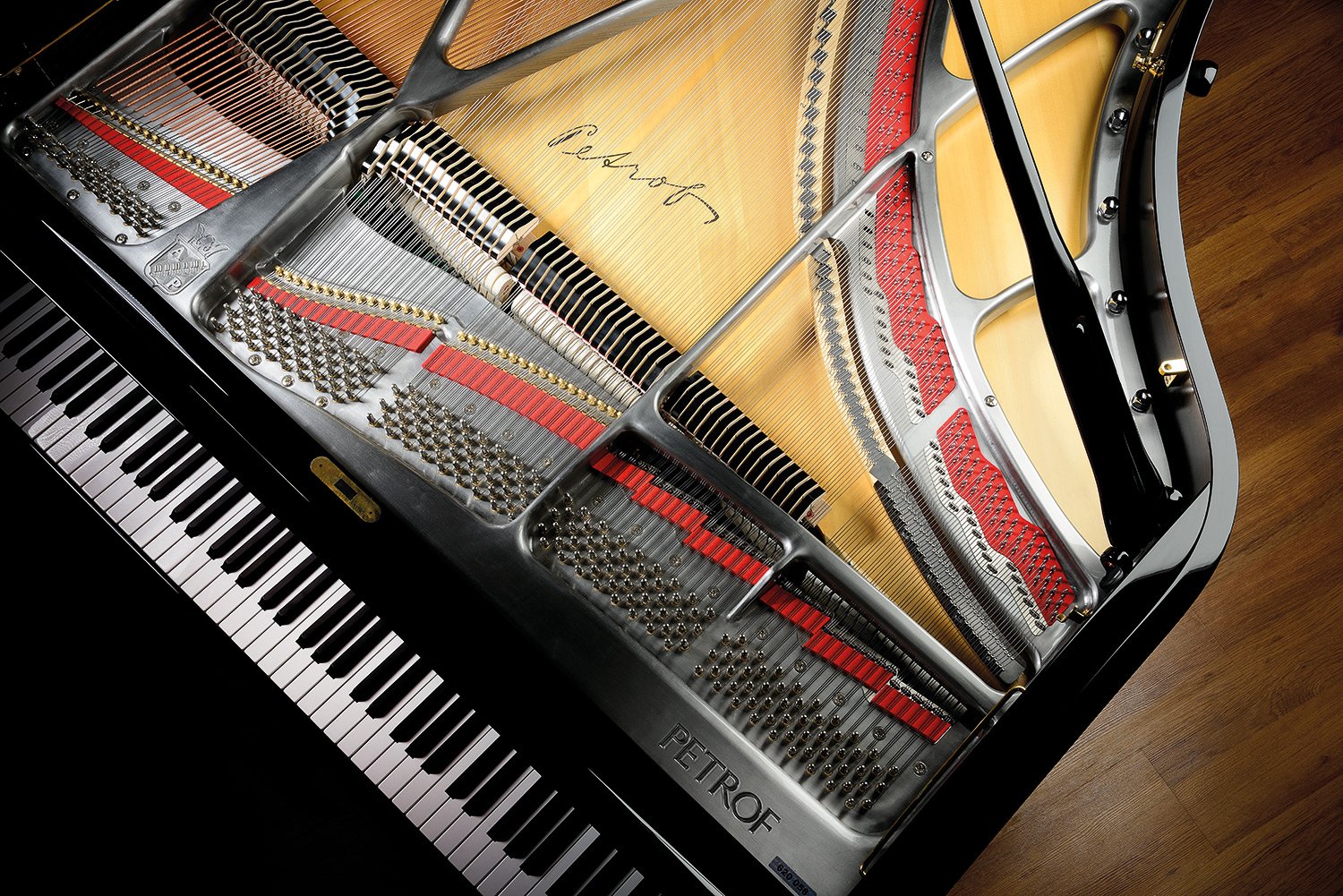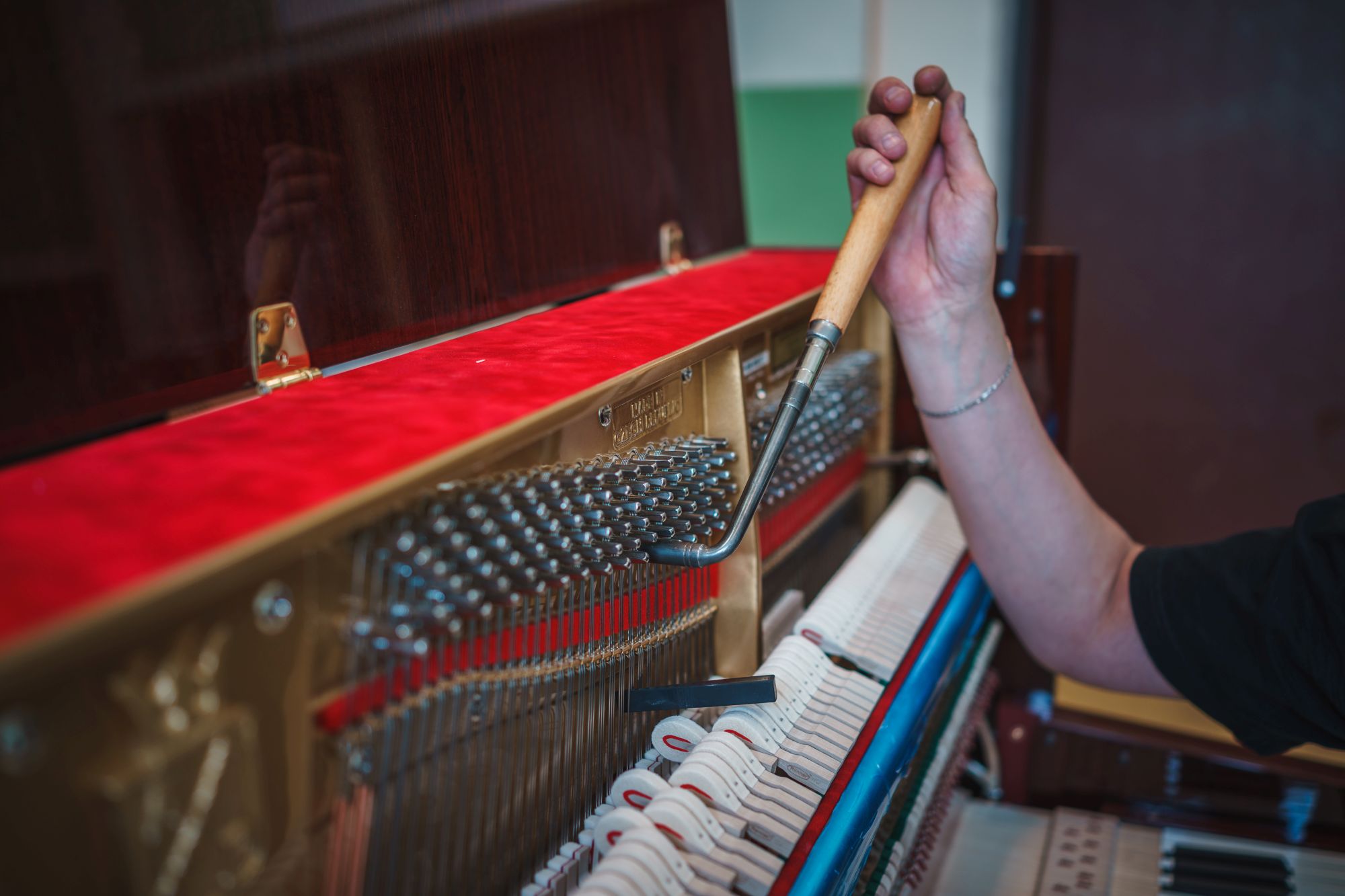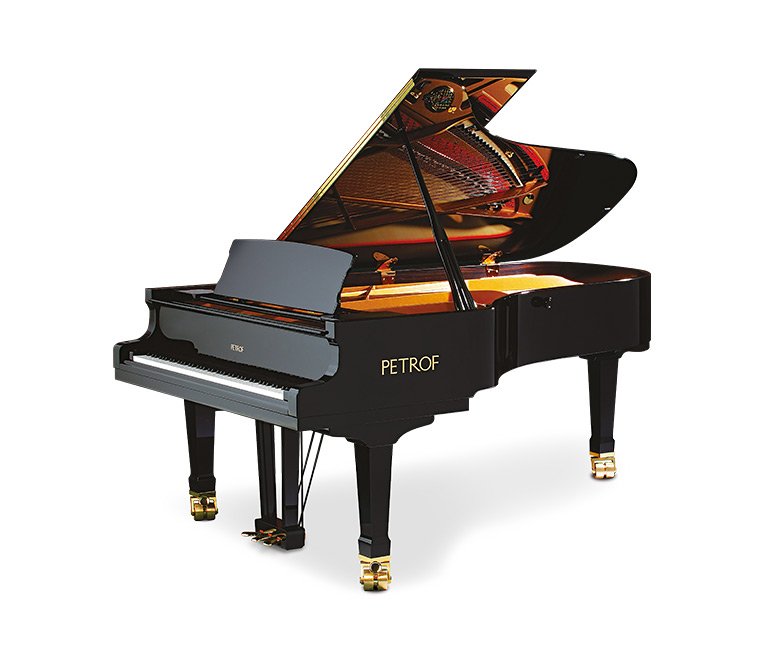A piano is largely made out of wood and materials derived from wood, which are sensitive to any change in humidity. Humidity has the undesirable effect of putting a piano out of tune. This means that at regular intervals you have to call a service technician to retune the piano.
Tuning involves tightening the strings to achieve the desired note. The service technician should not only tune the instrument, but also check the intonation, the adjustment of the action, and the instrument’s overall condition. One has to realise that the more a piano diverges from its optimal condition, the harder and costlier it is to restore it back to its proper state. Should a piano be seriously out of tune, it will usually go out of tune soon after tuning, so tuning must be carried out regularlly, before the instrument settles.



